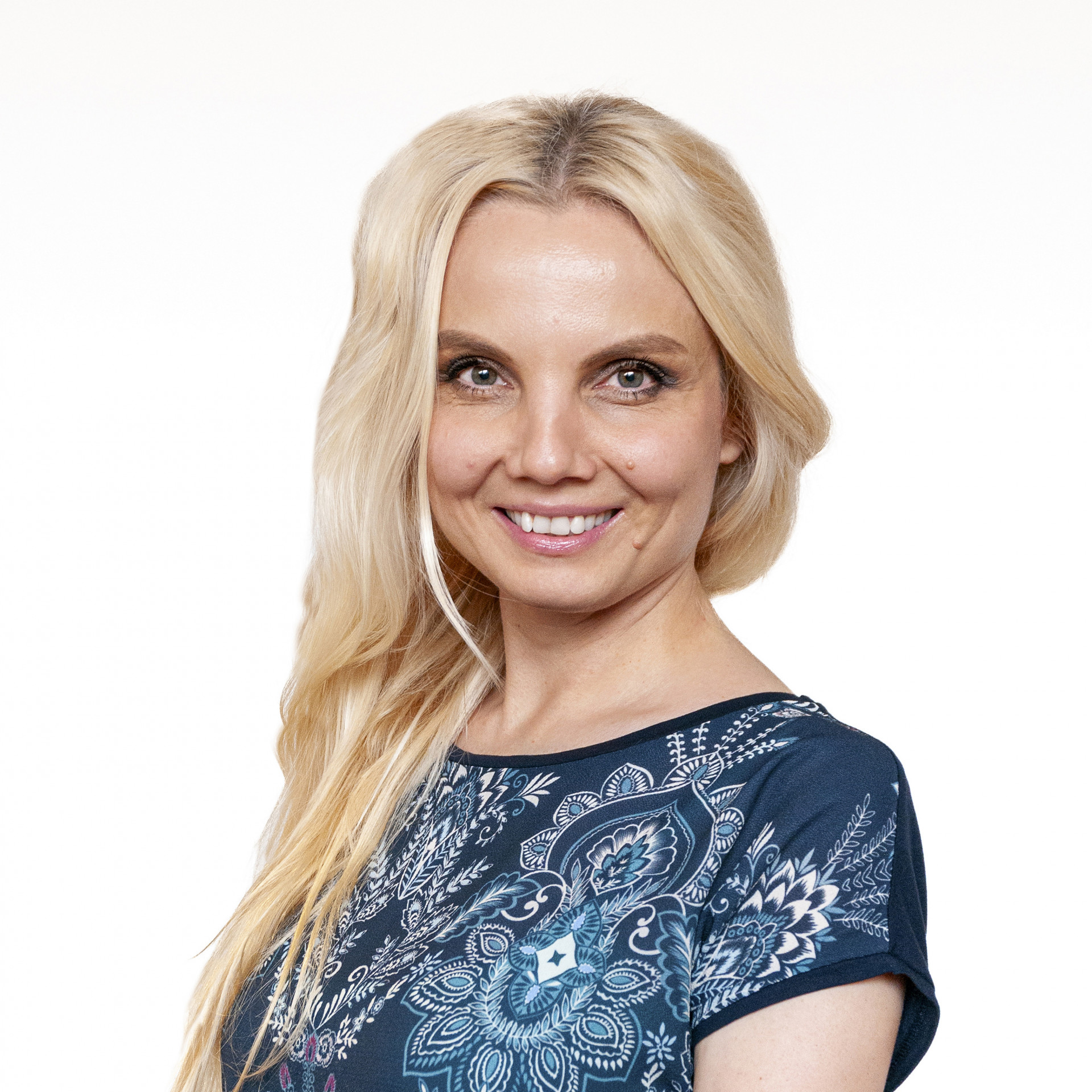Overview
With a multidisciplinary nature, this specialisation is designed to provide advanced training in basic and applied research in several areas of Human Resources and Organisational Behaviour. During the first year, PhD candidates attend several core courses allowing them to develop their research ideas, theoretical models, research methodology, and protocols. The following years are dedicated to original research and developing a PhD thesis, working closely with their academic advisor(s).
Why choose the specialisation in Human Resources and Organisational Behaviour?
- Knowledge and Specialised Training. Deep theoretical, conceptual, and methodological knowledge of the micro and macro phenomena. With robust training in conducting original and independent research, the program encourages students to conduct innovative research in various areas of Human Resource Management and Organisational Behaviour. It therefore promotes solid professional perspectives, whether in academia or at a top-level professional career.
- Pedagogic Monitoring. Close supervision arrangements ensure that students’ skills are being fully developed, that results are being analyzed and duly reported, that findings are being disseminated at national and international levels, and that the PhD thesis is defended within three or four years.
- Research Excellence. The courses, research seminars, and close supervision arrangements prepare PhD candidates to work as independent researchers. There is a strong emphasis on achieving high-quality publications. We also expect our students to present their work at national and international conferences.
Supervisors’ main research areas of interest:
- Human resource management: recruitment and selection, training, evaluation, rewards, performance management, careers, skills
- Active and healthy ageing at work
- Entrepreneurship, creativity and innovation
- Future of work and HR challenges: HR metrics and analytics, E-HRM, hybrid and flexible work arrangements, e-leadership and virtual teams, competencies, AI, robots, and human-machine interaction and synergy in the 5.0 industry
- Gender equality at work
- International HRM: expatriates, talent management, migrant workers
- Leadership, followership, teams, and group processes
- Well-being, inclusion, and diversity in organisations
- Sustainability and corporate social responsibility: sustainable and green HRM, environmental CSR and pro-environmental behavioural, organisational effectiveness and governance
- Quality of employee–organisation relationships: dignity, exploitation, bullying, harassment, incivility, decent work, and quality of work
Programme Manager
Our Programme Manager will help you questions about this programme:
phd.bru-unide@iscte.pt
Accreditation A3ES
This course is accredited for 6 years
Date of Publication: 15-01-2025
Registration DGES
Initial Registry
R/A-Ef 1017/2011 de 18-03-2011
Update Registry
R/A-Cr 166/2012/AL01 de 08/01/2020 | R/A-Cr 166/2012/AL02 de 04-12-2020


